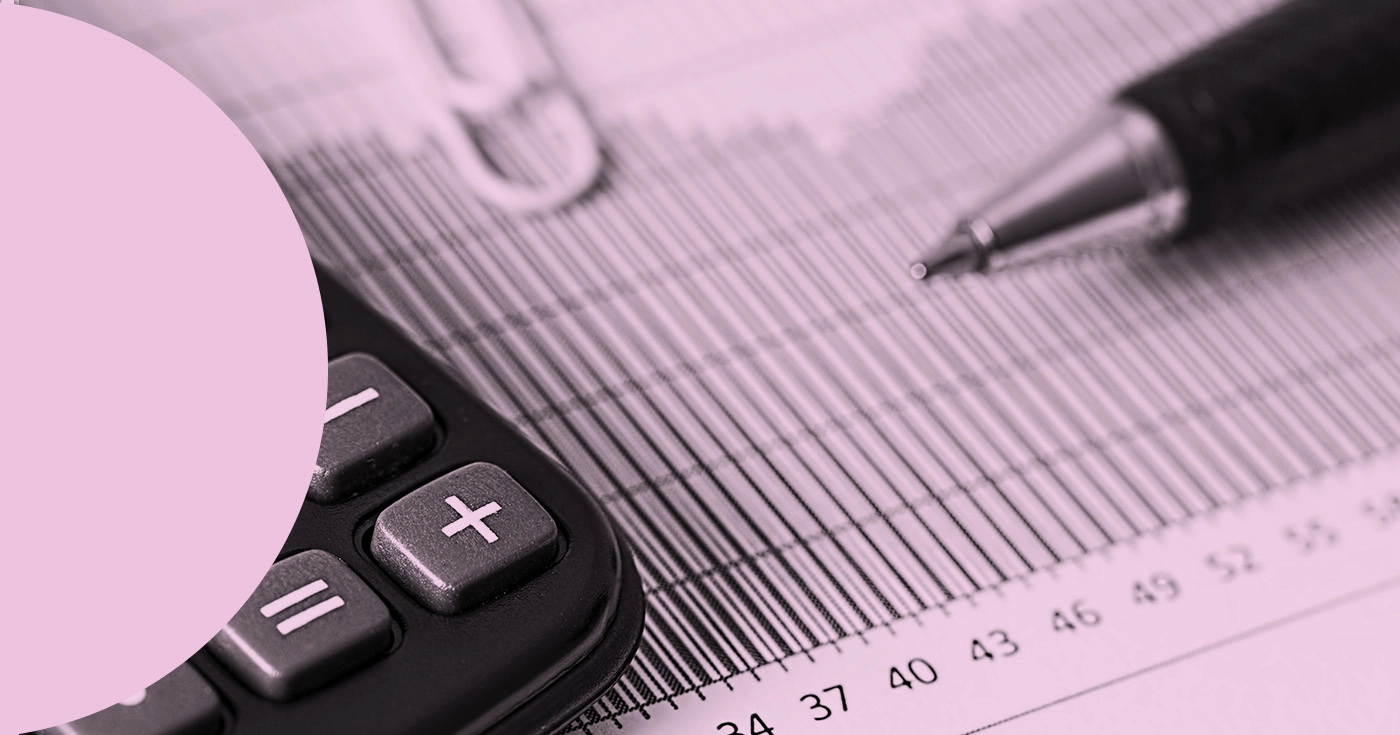
The importance of having a budget
Often, when we think about our expenses, savings, and how to make the most of them, we lack an overall vision. We’ve all heard the expression “making it to the end of the month,” but what’s really important is knowing in advance what our month-ends look like and organizing ourselves to avoid any surprises before the paycheck comes in. For this, there’s nothing more important than having a budget.
A budget not only helps you manage your expenses and save money, but it is also essential for effectively planning your investments. If you keep your expenses under control and have a plan, it’s easier to meet your financial goals. In this article, we’ll explore the importance of having a budget, how to create one, and what it should include to maximize your savings and investments.
What is a budget for?
It may seem obvious, but the first function of a budget is purely informative: to know where our money is going. Think about it: only if you know where your money goes can you decide if you have too many expenses and, if so, see how to reduce them. That’s why it’s important for our budget to reflect expenses and, most importantly, to organize and categorize them so we don’t get overwhelmed: home, work, food, transportation, education, health… these are some basic categories.
So, a budget is essentially an estimate of expenses and income over a fixed period, an estimate that needs to be periodically adjusted. In her book “Invest in Yourself,” Natalia de Santiago explains that “a budget isn’t finished until it sums to zero.” If the difference between all income and all expenses is positive, that’s good news: that difference is what we know as savings.
Thus, another function of the budget is to systematize savings. With a well-planned budget, you can determine a specific amount to save each month. This turns saving into a regular practice rather than an occasional one. And since we know that saving and investing are two sides of the same coin – planning for the future – the budget allows us to plan investments according to our goals and risk profile.
As we know, before investing, you have to save, and in saving, it’s crucial to have an emergency fund. The combination of a solid budget and an emergency fund is the best guarantee to protect us from unforeseen events and avoid unpleasant surprises.
How to make a budget
Creating a budget may seem overwhelming at first, but if you go step by step, it doesn’t have to be. Start by determining all your monthly income. This includes your salary, investment income, rent, or any other regular source of money.
The next logical step is to identify your expenses. Divide these expenses into categories such as housing, transportation, food, entertainment, health, etc., and break them down into subcategories to ensure nothing is forgotten. Remember to include all annual or quarterly payments, dividing them by month for greater accuracy.
Set your financial goals. Define clear – and realistic – short, medium, and long-term goals. These could include buying a house, saving for retirement, children’s education, or creating an emergency fund. Your goals will help you decide how much you need to save and invest each month.
After identifying your income and expenses, it’s time to allocate funds to each category. Make sure to allocate a portion of your income to savings and investments. The 50-30-20 rule can be useful: 50% of income for needs, 30% for wants, and 20% for savings and investments.
Finally, adjust your budget each month. Natalia de Santiago recommends doing it weekly, mainly because the more frequent the adjustments, the less time it takes to balance the accounts. But at the very least, you should review your income and expenses every month to see if you are closer to or further from your goals. After the analysis, adjustments will need to be made.
Having a budget is fundamental to achieving financial stability and maximizing your savings and investments. A good budget allows you to control your expenses, save systematically, and plan your investments effectively. By following the steps to create and maintain a budget, you can ensure that your personal finances are on the right track for long-term success. Remember that the key lies in consistency and adaptability: review and adjust your budget regularly so that it always reflects your current financial situation and future goals.

